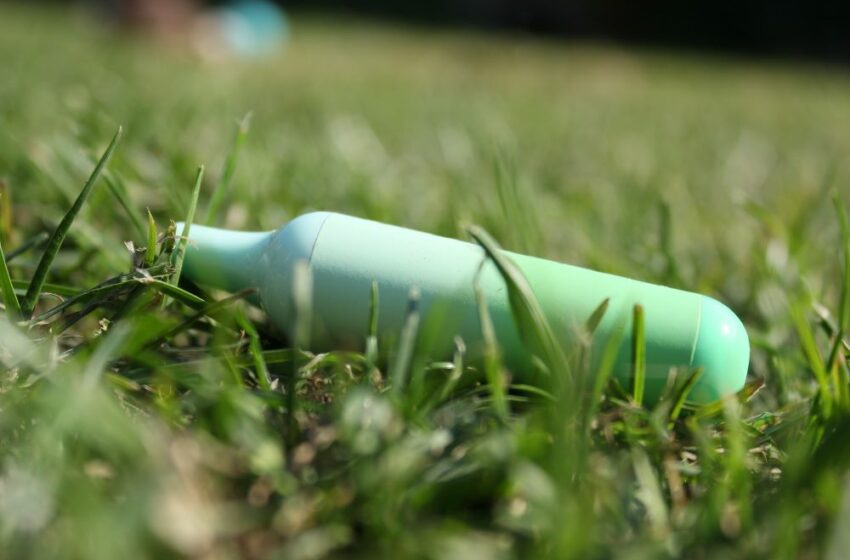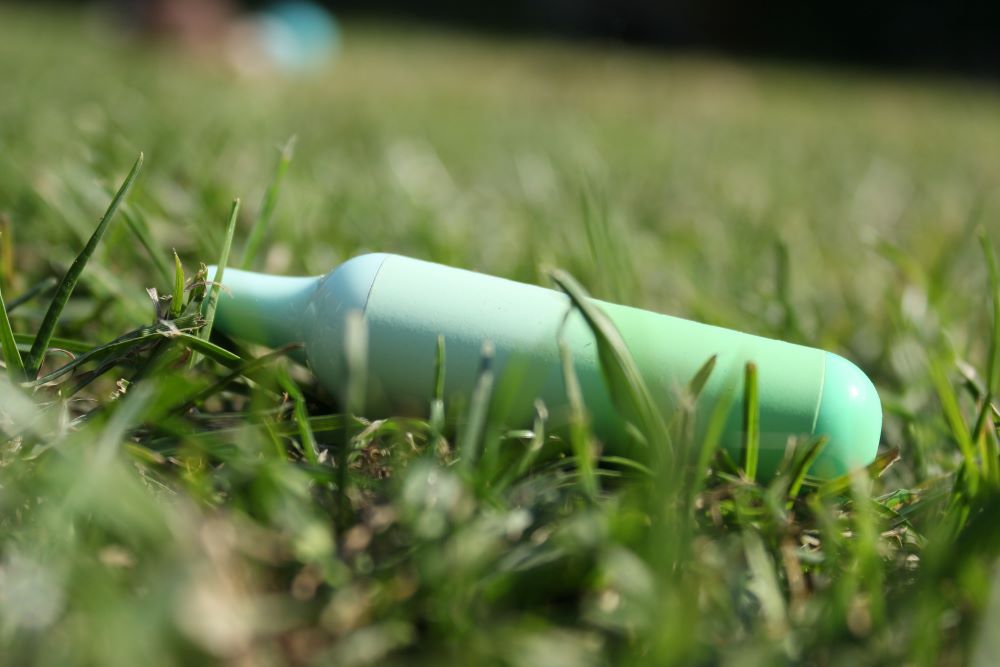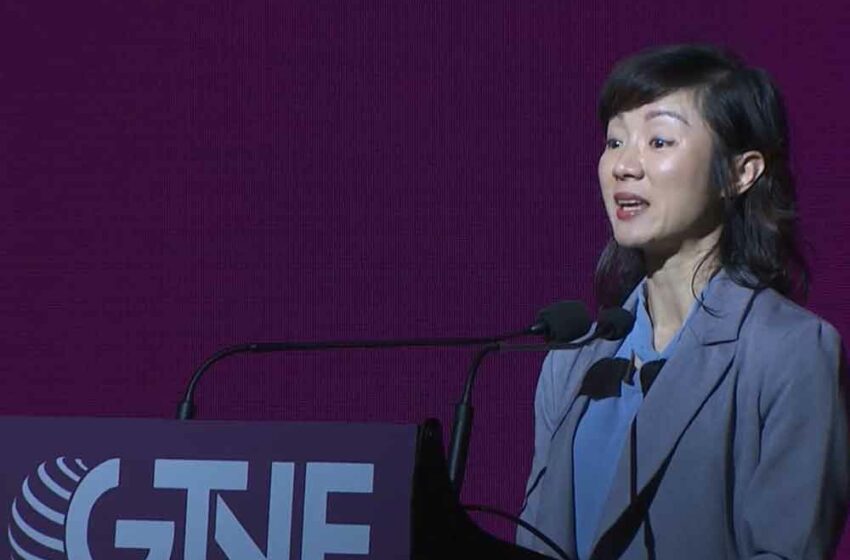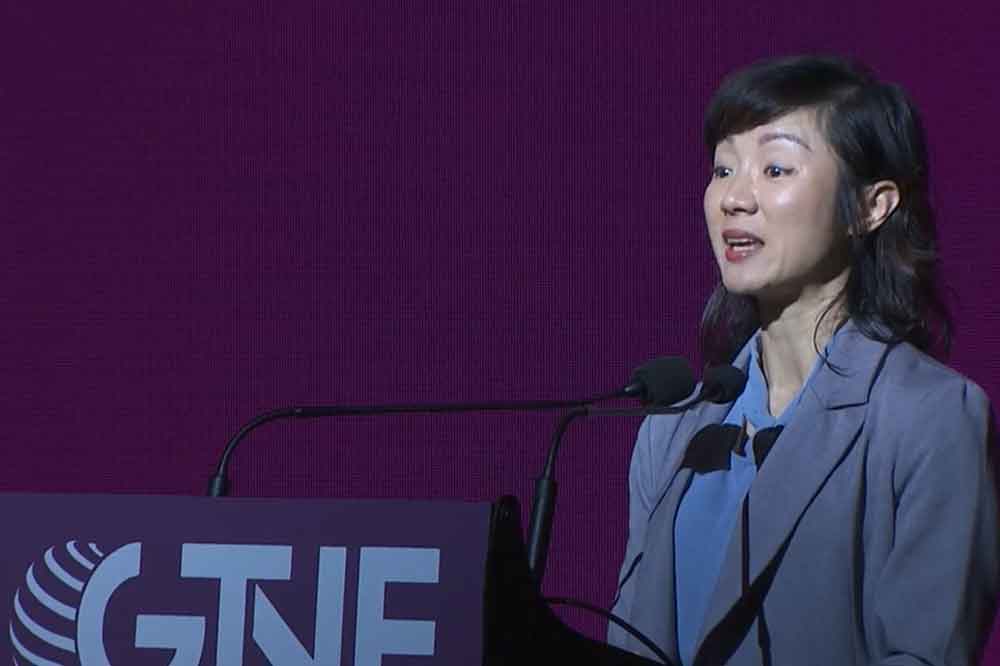
The proposed U.S. Care for Moms Act would support the maternal health workforce, promote access to prenatal and postpartum care and provide resources to mothers as well as increase the excise tax on tobacco products, according to CSP.
The National Association of Tobacco Outlets (NATO) outlined the tobacco-related proposals in the act: increasing tax on cigarettes from $1.01 to $2.02 per pack; implementing a new e-cigarette tax that would equalize the tax on cigarettes; increasing the tax on moist snuff from $0.11 per 1.2 oz tin to $2.02 per can; doubling the tax on small cigars from $50.33 to $100.66; implementing a new weight-based tax methodology on large cigars; doubling the tax on roll-your-own; and equalizing the tax on chewing tobacco and pipe tobacco to tax them like cigarettes.
Similar tax legislation has failed in past congressional sessions, according to the NATO.
The Care for Moms Act also includes provisions to establish a state-based perinatal quality collaborative grant program, establish regional centers of excellence to tackle implicit bias and promote cultural competence among health professionals, support federal efforts to grow and diversify the doula workforce and extend Medicaid coverage for postpartum mothers in all 50 states.



















